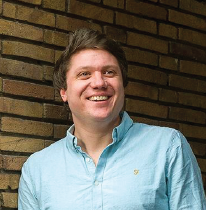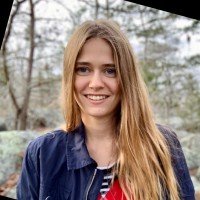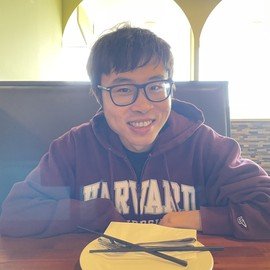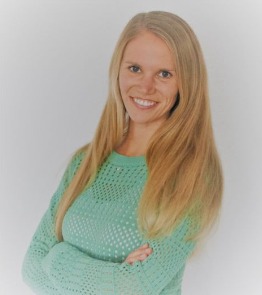Seminar in Statistics and Data Science: Leiv Rønneberg
We are pleased to invite you to our next Tuesday seminar in Statistics and Data Science
Speaker: Leiv Rønneberg
Title: High-dimensional function-on-scalar regression via multi-output Gaussian Processes: Biomarker discovery in high-throughput cancer screens
When? Tuesday 19.11.2024, 14:15-15:15
Where? Erling Svedrups plass (lunch area 8th floor, NHA hus) and Zoom https://uio.zoom.us/j/65480900265?pwd=mKtbGGpPO6i0QzaSl0e8pUTD7yUP6i.1
Abstract:
High-throughput drug sensitivity screens enable rapid in-vitro testing of compounds on cancer cell lines, in order to determine the efficacy of a certain treatment. Coupled with various “omics” characterisations of the cancer cell lines, these experiments provide the ingredients necessary to discover biomarkers of treatment effect. However, in-vitro cell viability measurements are frequently corrupted by measurement error due technical error sources and natural biological variability, making the precise quantification of treatment efficacy difficult. Furthermore, the process of biomarker discovery is usually completely disentangled from the noisy reality of the raw viability measurements, utilising crude summary measures of treatment efficacy, estimated with no uncertainty quantification.
In this talk, I’ll present a methodology to jointly estimate non-linear dose-response functions, while at the same time performing biomarker discovery. The model is based on a multi-output Gaussian Process (MOGP), coupled with a horseshoe prior within the kernel construction for variable selection. I further establish a link between this MOGP model and a version of function-on-scalar (FoS) regression, highlighting potential computational gains and show modifications that incorporate patient-specific random-effects and complex interactions between high-dimensional covariates.
Welcome!
Best regards,
Thordis Linda Thorarinsdottir & Aliaksandr Hubin
Leiv Rønneberg
































